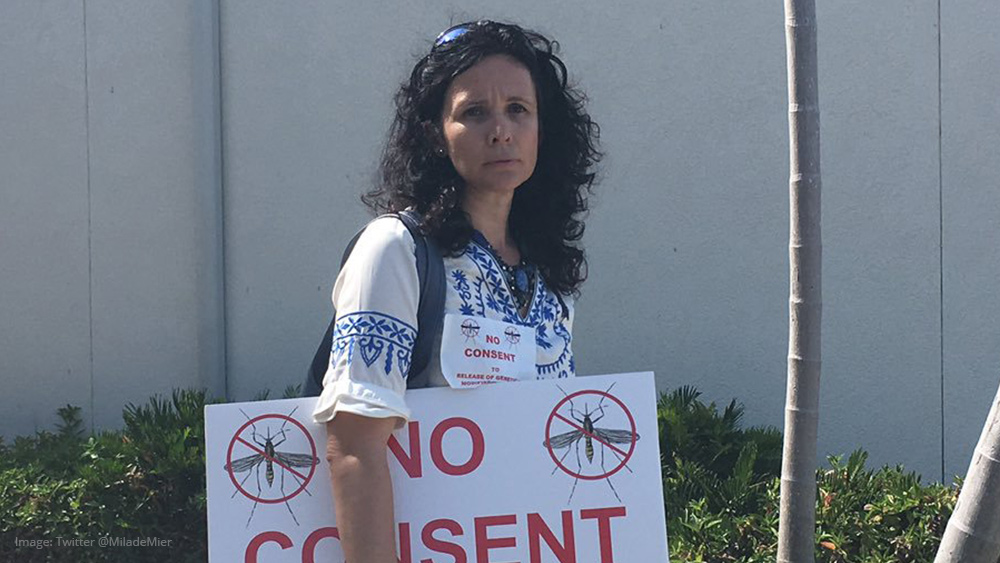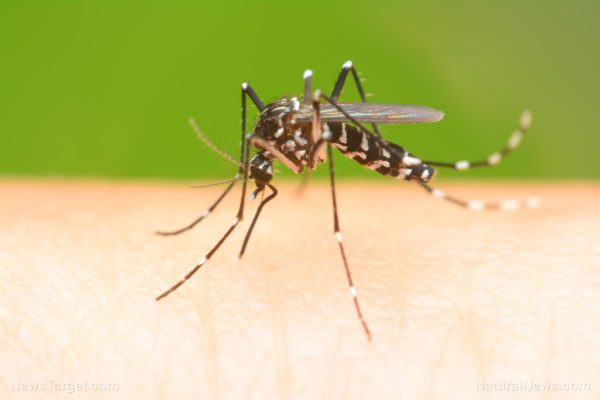A team of researchers has called for immediate review of standards in using glyphosate weed killer. According to their piece published in the Journal of Epidemiology & Community Health, current standards in glyphosate use may be causing widespread public health hazards as the potent weed killer, manufactured by Monsanto and sold under the brand name Roundup, is linked to a host of various adverse medical conditions.
“It is incongruous that safety assessments of the most widely used herbicide on the planet rely largely on fewer than 300 unpublished, non-peer reviewed studies while excluding the vast modern literature on glyphosate effects. After a review of all evaluations, we conclude that the current safety standards are outdated and may fail to protect public health and the environment,” the research team stated.
Researchers noted that more than 1,500 clinical studies on the effects of glyphosate exposure were done in the last 10 years alone. However, they stressed that there is still a severe lack of of a systematic monitoring system that would keep track of glyphosate levels in human tissue. The experts also underlined the seemingly few clinical studies that have evaluated the pesticide’s potentially hazardous effects on human health.
“Glyphosate is an extremely dangerous herbicide,” added Mike Adams, the Health Ranger, lab science director of CWC Labs and publisher of Natural News. “The molecule is very small and easily penetrates plant and human tissues. It’s also water soluble, allowing it to easily be absorbed into blood where it ravages tissues through over 20 complex biochemical processes,” Adams said.
Research data also show a significant increase in glyphosate use in the U.S. over the last two decades. The pesticide is currently the most widely-used weed killer in the country. According to previous global estimates, glyphosate use in 2014 alone was enough to spray almost 0.5 kg on every hectare of arable region across the planet. Despite this, the European Chemicals Agency last March cleared glyphosate of any health-related risks.
In line with this, the research team has called for changes on the pesticide’s usage standards.
- The team pressed for improved monitoring of glyphosate levels and its metabolites in people.
- The team has also called for the development of innovative tests and technologies to examine the the risks associated with glyphosate and other combination herbicides.
- The researchers have also underlined the importance of conducting more studies that would monitor occupational exposure in various workforce including manufacturers and agricultural workers, as well as highly-susceptible individuals such as pregnant women and children.
- The team also called for assessments of glyphosate-containing commercial pesticides.
Glyphosate raises risk of lymphoma, autism and many more
Numerous studies have previously linked glyphosate to a host of adverse health conditions such as lymphoma, kidney damage, autism, and birth defects.
A review of 44 individual clinical studies showed that glyphosate was tied to an increased risk of developing lymphoma. According to the scientists at the International Agency for Research on Cancer, people exposed to the harmful weed killer had twice the risk of developing non-Hodgkin lymphoma.
Data also show that people exposed to Dow Chemical’s 2,4-D had a 40 percent increased likelihood of developing the disease. According to the experts, the pesticides may trigger genetic mutations in white blood cells. This then lends the body susceptible to various diseases. The results were published in the International Journal of Environmental Research and Public Health.
Researchers at the Massachusetts Institute of Technology also found that Monsanto’s Roundup glyphosate weed killer was associated with higher risk of autism spectrum disorder. A case study of triplets with autism showed that reduced glyphosate levels coincided with reductions in the babies’ autistic conditions. The findings were published in the Integrative Medicine: A Clinician’s Journal.
An animal study also found that long-term exposure to Monsanto’s Roundup pesticide resulted in liver and kidney damage in rats. The results were published in the journal Environmental Health. A 2015 study published in the journal Toxicology Reports also found that Monsanto’s Roundup pesticide has shown an endocrine-disrupting effect on male rates.
Sources:
ScienceDaily.com
EWG.org
EnvironmentalHealthNews.org
GMOEvidence.com
GMWatch.org
VaccineImpact.com





















